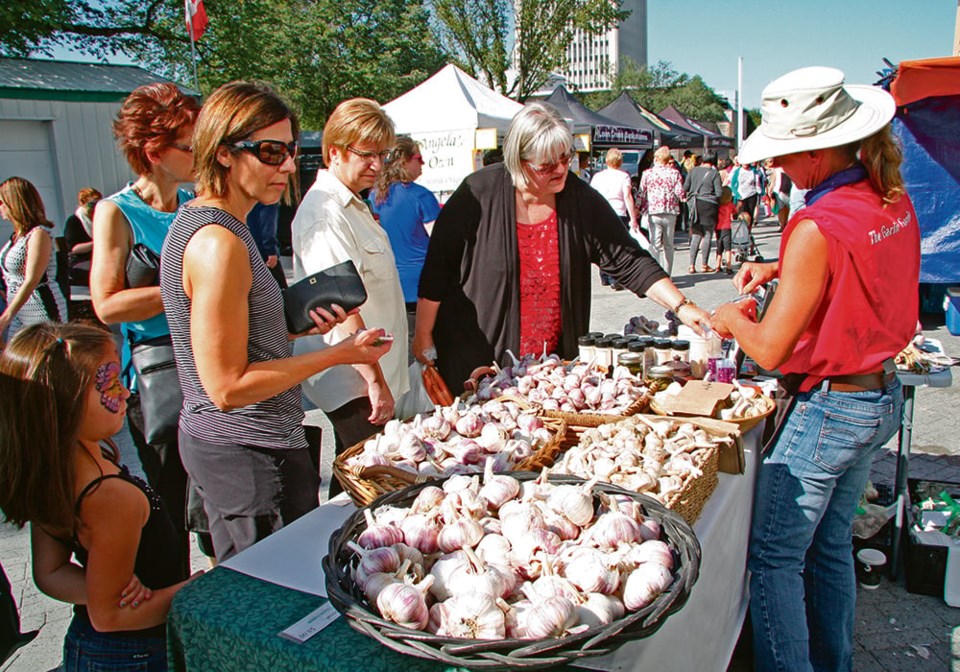WESTERN PRODUCER — The “eat local” diet has long been promoted as a trendy way for consumers to lower their environmental footprint, increase the quality of their food and support local business.
The movement has been bolstered by claims that eating local would help strengthen food security and build resiliency within food systems.
Numbers now show that people are buying the benefits of this concept. Farmers markets have become more popular and sales over the past decade have increased, while the number of farmers selling direct to consumers has also grown.
This is great. There is just one problem.
Namely, that the promises of the “local diet” are not true.
In recent years, a growing amount of information has shown that, in most cases, eating local is not better for the environment, nor can it ensure food security or promote resiliency in local markets.
A 2018 study calculated greenhouse gas emissions from across the global supply chain and showed that emissions that come from agricultural transportation are less than 10 percent. The same data showed that, for most agricultural outputs, most emissions come from on-farm sources, (cows, farm equipment and inputs), and from farm land use, (deforestation and changes in soil carbon).
This prompted critics to suggest that what you eat is more important than where it comes from.
But another interpretation could be, how efficiently food is produced on-farm could be much more important than where the food comes from.
Small changes to on-farm efficiency — namely, improving soil health — can have a big impact on global emissions. The international “4 per 1,000” initiative, launched at the COP21 Paris Climate Summit and which Canada is a partner of, is centred on the idea that improving carbon storage in global agricultural soils by 0.4 percent annually could counterbalance our rate of carbon emissions.
This illustrates why we need to start a new movement: #EatEfficient.
The numbers show it makes sense to promote efficiency over eating locally, but what about over sustainability?
The term “sustainability” is surrounded in confusion and skepticism.
An efficiency-driven system could denote recordable progress, while offering tangible benefits to the environment and a buying strategy for consumers that could have a measurable impact on climate change goals.
Not to mention benefits for farmers.
For farmers who are already leading the charge on on-farm efficiency, this is a chance for them to benefit further from their efforts.
But many farmers do not fall into this category. The Western Producer has reported that less than 30 percent of farmers in Manitoba understand and follow 4R fertilizer practices and that most prairie farmers don’t change their fertilizer rates between fields of the same crops.
The problem is, how does one track and measure efficiency on farms?
For that, I don’t have answers. But I know there are a lot of ag-tech start-up companies in Saskatchewan working on solutions that could play a big role in driving and recording on-farm efficiency.
There are also many strategic thinkers in this industry who could bring an #EatEfficient campaign to life. These efforts could and should be done in conjunction with ongoing federal efforts to help Canada meet its climate goals, reduce fertilizer emissions and build public trust in our food production system. What’s missing from these efforts right now is a critical piece — farmer buy-in. An efficiency driven approach might fill that gap.
And for those of us who still want to eat local, that’s OK too. There are many benefits to doing so: feeling connected to your food and being part of a like-minded community are a few.
But it’s also time to give consumers choices for driving change — and if this can also benefit farmers and the environment, even better.
Delaney Seiferling is a freelance writer and communications consultant based in Regina.


